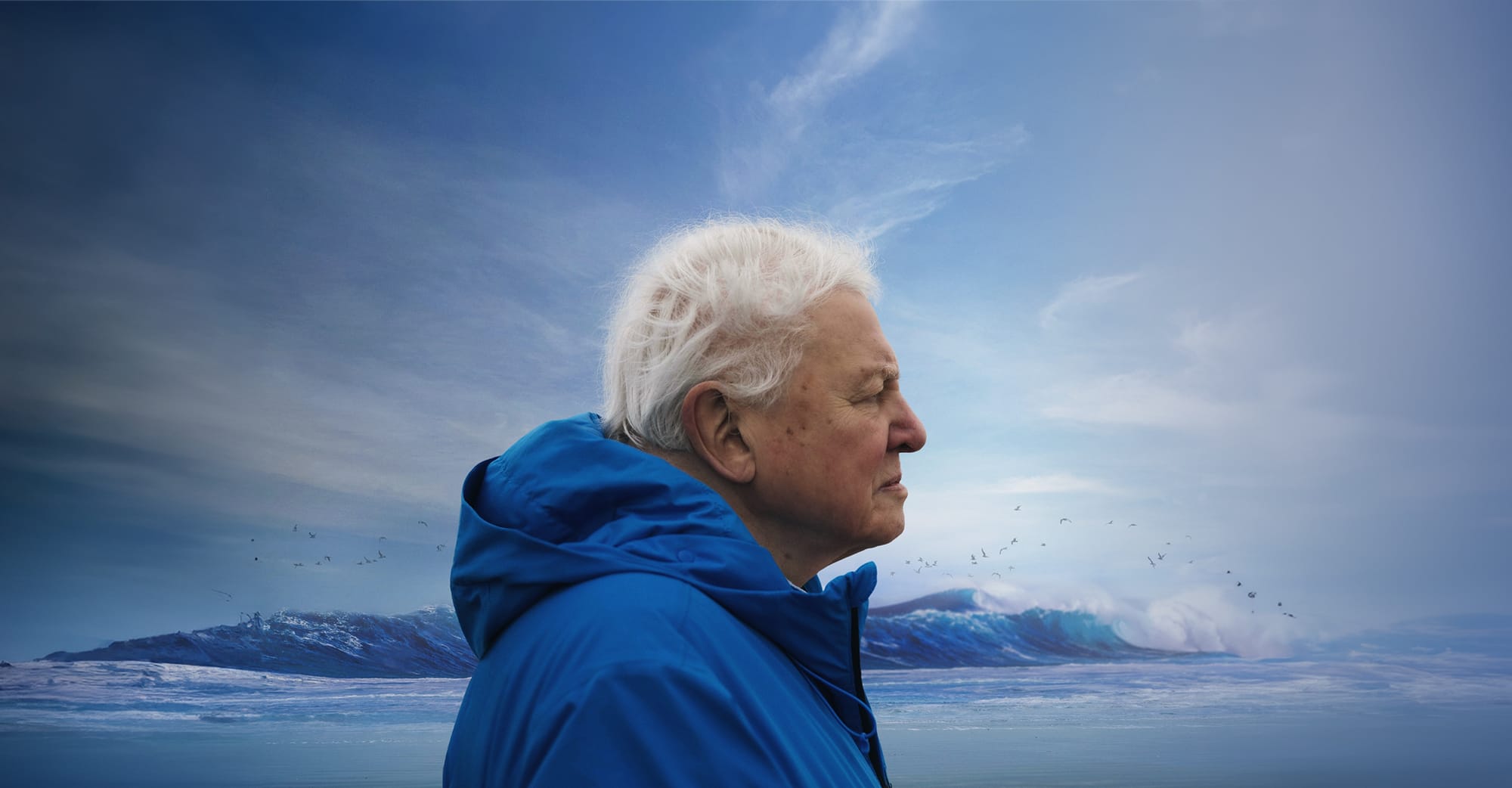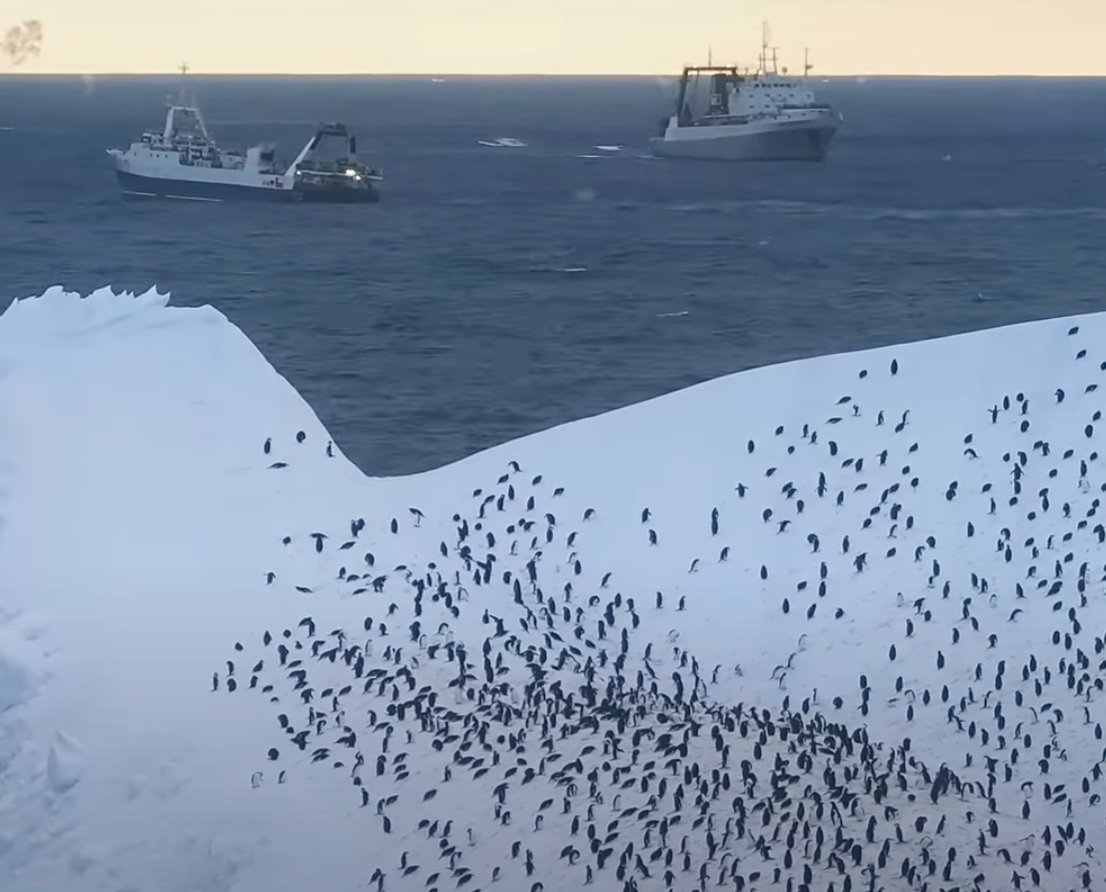Ocean with David Attenborough: a rallying cry for our seas
The Ocean - Sir David Attenborough’s most urgent message yet, delivered on his 99th birthday ahead of the UN Ocean Conference in June

Ocean with David Attenborough sent a simple yet powerful message: we must protect our oceans for the survival of life on Earth. He has amplified what marine scientists have been saying for years:
1) Overfishing is the most significant threat to our oceans.
2) Bottom trawling is akin to clearing an entire rainforest to catch a single deer. It must stop. The fact that it is still allowed in many Marine Protected Areas (MPAs) is a disgrace.
Thanks to previously unseen footage, bottom trawling is no longer out of sight and out of mind. Credit: Silverback Films & Altitude Films
3) MPAs work, but we need more no-take MPAs where all exploitative activities are banned, so that our oceans can recover.
4) Many MPAs are paper parks. We need properly enforced MPAs. The 30by30 target will not achieve its intended impact if the 30% designated areas only exist on paper.
5) We need robust legislation to protect the high seas. Many ships are trawling Antarctic waters for krill. By removing a vital food source for whales and other marine animals at the base of the food chain, we are destabilising an entire ecosystem. (Kodama Travel has been especially cautious about tourism in Antarctica, and we believe the delicate ecosystem cannot support cruise loads of tourists. We do not believe it should become a new frontier for commercial travel.)

Sir David Attenborough has shared a hopeful message about marine recovery: when left alone, marine environments can bounce back faster than we thought possible. However, benthic ecosystems beyond the shallow seabed do not recover nearly as quickly. Research shows that disturbed benthic habitats can remain damaged decades after the initial disturbance. This makes deep-sea mining a dangerous activity. Alarmingly, Trump is pushing to accelerate deep-sea mining, despite the U.S. has no jurisdiction over the regions in question.
What can we do as travellers?
- Make your voice heard through petitions and protests. Commercial whaling was banned due to public pressure—we must now apply that same pressure to push governments to take action in June’s United Nations Ocean Conference in Nice, France.
- Avoid seafood sourced from bottom trawling. This is often indicated on the back of packaging—check before you buy. (MSC label is not sufficient)
- Reduce your overall seafood consumption.
- Avoid tours that involve fishing in or near Marine Protected Areas
- Say no to activities involving captive dolphins or whale performances
- Cruise ships cause massive damage to marine environments. Kodama Travel does not work with cruise operators, and we encourage you to avoid cruise tourism.
Ocean conservation was the reason Kodama Travel was founded a year ago. We’ve consistently advocated for using tourism revenue to support marine conservation and ethical local tour operators—and for saying no to activities involving captive dolphins and whales.
Travel allows us to see the wonders of the world. We hope that by becoming conscious travellers, we also become conscious citizens. By seeing the ocean’s beauty—and its destruction, which is no longer out of sight and out of mind—more people will choose to protect it.
“This could be the moment of change. Nearly every country on Earth has just agreed, on paper, to achieve this bare minimum and protect a third of the ocean. Together, we now face the challenge of making it happen.”
